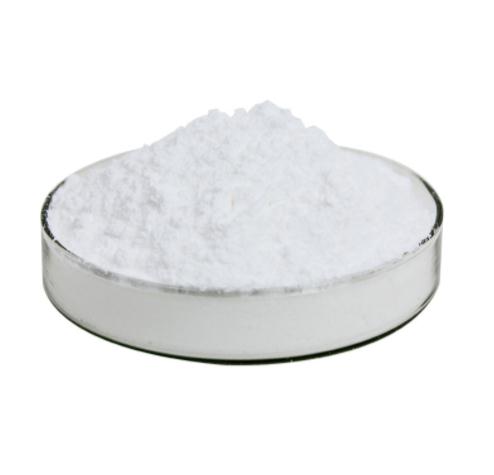synthesis and Use of Histamine
Jun 23,2022

Structure
Molecular formula, C5H9N3. Histamine is derived from the decarboxylation of histidine.
Properties
Mr 111.15. Histamine is freely soluble in water (250mg/mL), alcohol, and hot chloroform. Histamine is stable in air but affected by light. Histamine forms a colorless long prismatic crystal. Synthesis and release Gene, mRNA, and precursor Histamine is produced by the decarboxylation of L-histidine by L-histidine decarboxylase.
Most histamine is synthesized in mast cells and basophils. Histamine is also produced in the brain and enterochromaffin-like (ECL) cells of the gut.
Plasma concentration
In humans, although the plasma histamine levels were low (<1 ng/mL) in normal conditions, 17 out of 54 patients with atopic eczema showed plasma histamine concentrations ranging between 1.2 and 5.2 ng/mL.
Regulation of synthesis and release
Mast cells and basophils are sensitized when immunoglobulin (Ig) E binds to its receptor on their membrane. Histamine is released if the antigen binds to the IgE bound to mast cells and basophils. The release of histamine from ECL cells is stimulated by gastrin and the pituitary adenylyl cyclase-activating peptide. Histamine is broken down by histamine-N-methyltransferase or diamine oxidase. Histamine released into the synapse is mainly broken down by histamine-N-methyltransferase.
Clinical implications
Histamine may be involved in disorders of the immune system and allergies. Classic symptoms of allergic reactions such as a runny nose and watery eyes are caused by increased vascular permeability. The proliferation of mast cells that produce excess histamine can cause mastocytosis, which is a rare disorder caused by the accumulation of functionally defective mast cells. Mastocytosis causes susceptibility to a variety of symptoms such as itching, hives, and anaphylactic shock, caused by histamine and other proinflammatory substances from mast cells.Histamine lowers blood pressure by increasing vascular hyperpermeability and vasodilation. Histamine also stimulates the synthesis and release of various vascular smooth muscle cell relaxants, resulting in the dilation of the blood vessel. These two effects play key roles in the pathophysiology of anaphylaxis.
Use for diagnosis and treatment
Multiple sclerosis is an autoimmune disease associated with the chronic inflammatory demyelination of the CNS. Due to the disease complexity and heterogeneity, its pathogenesis remains unknown and specific effective treatments have not yet been developed. Histamine is implicated as an important factor in the pathophysiology of multiple sclerosis, and the efficacy of histamine receptor agonists and antagonists is being studied in the treatment of this disease.Moreover, it has been expected that histaminergic modulation might become a candidate mechanism for understanding amyotrophic lateral sclerosis (ALS) insurgence, progression, and therapy.
- Related articles
- Related Qustion
Melatonin is primarily secreted from the pineal gland. Melatonin is involved in synchronizing the sleep-wake cycle, blood pressure, and other circadian rhythms.....
Jun 23,2022APIGlutamic acid is the most abundant excitatory neurotransmitter in vertebrate nervous systems.....
Jun 23,2022Biochemical Engineering








